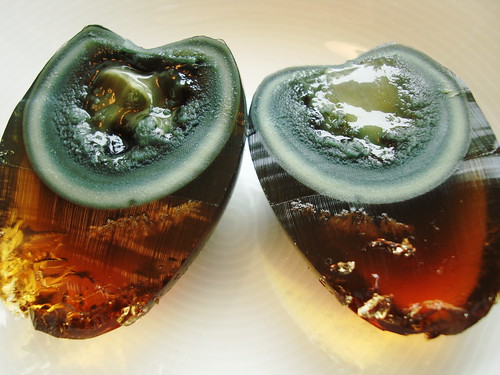What we have here are two ways of thinking.
1. The people who believe dogma and superstition and think with their emotions. These guys will never accept GM foods, fish or crops, because their superstitious beliefs forbid.
2. The people who believe science and rationality. Guys like this will go by good data, not emotional thinking. They will accept GM food, fish or crops, if the empirical data shows no harm.
Quite simply, there is no good scientific reason for rejecting any GM foods if they have been properly tested and approved by such organisations as the FDA, or the BFSA. As I pointed out before, GM foods have been eaten by hundreds of millions of people over the past 15 years. Epidemiologists have tried, on many occasions, to see if there was a correlation between such foods and any human ill. No such connection has ever been found.
The GM salmon have been engineered to continuously generate growth hormone. This causes rapid growth. From the viewpoint of human nutrition, this is not a problem. Fish growth hormone cannot affect humans, anyway, and it does not survive the digestive process. Even if it did, the amounts involved are tiny compared to our total food intake. If we eat that GM fish, it is no different nutritionally to eating non GM fish.
There have been a number of objections to GM salmon based on ecology, rather than nutrition, and these are a bit more credible. These potential problems are being looked at by the EPA and other organisations, and their hopefully expert conclusions should settle the issue.



